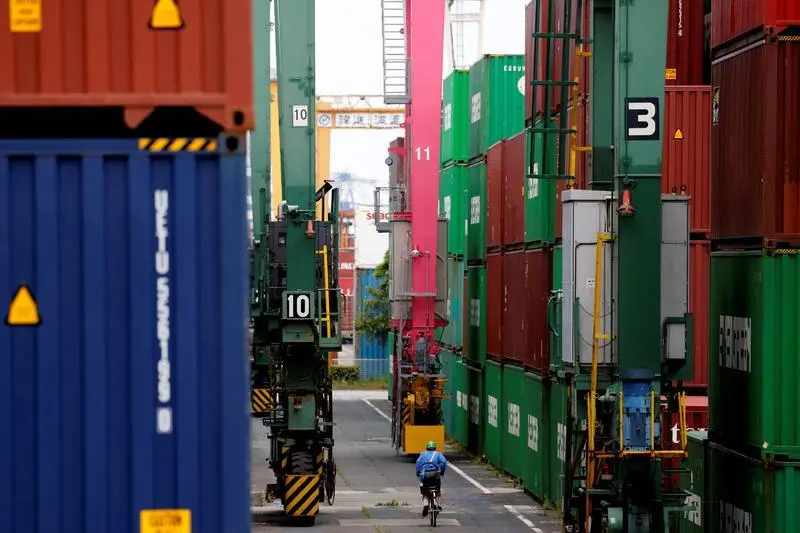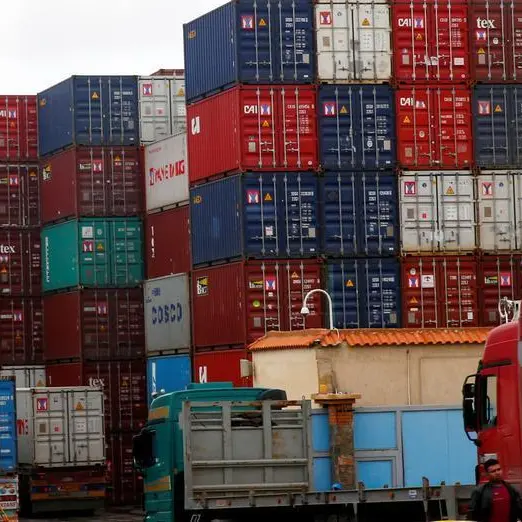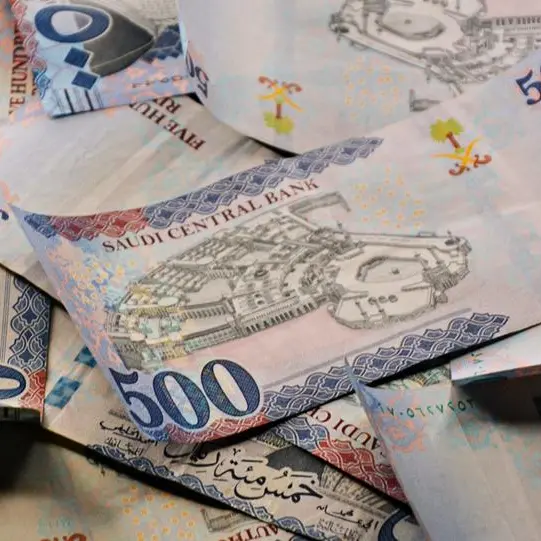PHOTO
TOKYO - Japan's exports extended double-digit gains in August, led by strong shipments of chip manufacturing equipment, though the pace of growth weakened mainly due to the deepening impact of a COVID-19 resurgence across Asia.
The trade data is unlikely to dispel worries about the outlook for Japan's economy, which has not yet recovered to pre-pandemic levels after taking an enormous hit from a collapse in global trade in the first quarter of 2020.
Exports rose 26.2% in August compared with the same month a year earlier, the Ministry of Finance said on Thursday, marking the sixth straight month of double-digit growth as strong demand for chip-making equipment offset slowing U.S. and E.U.-bound shipments of cars.
The growth was slower than the 34.0% growth expected by economists in a Reuters poll and the 37.0% advance in the previous month.
"The semiconductor issue had quite a big impact, which weighed on car exports a lot," said Takeshi Minami, chief economist at Norinchukin Research Institute.
"I think it's likely to impact exports at least until the year-end as bottlenecks in parts supply in Southeast Asia continue."
Policymakers are under pressure to keep the fragile recovery intact, which has been thrown into doubt due to a resurgence of the pandemic in other parts of Asia.
While vaccination rates are improving and daily COVID-19 infections appear to have peaked, analysts expect Japan to see annualised 1.2% growth in the current quarter, much slower than projected last month, a Reuters poll on Tuesday showed.
By destination, shipments to China, Japan's largest trading partner, rose 12.6% year-on-year in August, led by chemicals and semiconductor parts, the data showed.
Exports to the United States, the world's top economy, soared 22.8%, as strong demand for power-generating machines offset a decline in car shipments.
Shipments to Asia as a whole gained 26.1%, their slowest pace in five months, while those to the European Union advanced 29.9% in August.
Imports jumped 44.7% in August compared with the same month a year earlier, versus the median estimate for a 40.0% increase, bringing a trade deficit of 635.4 billion yen ($5.81 billion) versus the median estimate for a 47.7 billion yen shortfall.
The trade data follows the Reuters Tankan poll on Wednesday, which found confidence among Japanese manufacturers fell to a five-month low in September as the latest wave of COVID-19 forced factory halts around Asia.
($1 = 109.4200 yen)
(Reporting by Daniel Leussink; Editing by Sam Holmes) ((daniel.leussink@thomsonreuters.com; Twitter: @danielleussink;))





















